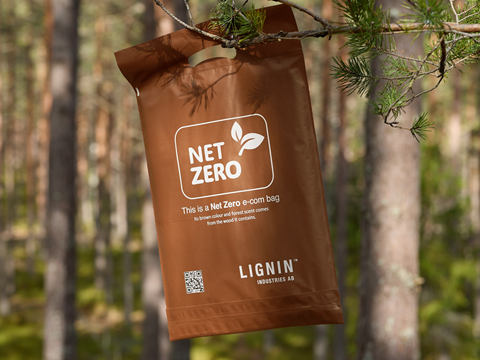
Swedish greentech company Lignin Industries AB has announced the mass commercialisation of its Renol technology, a bio-based material developed from lignin, often found in trees.
Lignin Industries claims it has developed a way to end reliance on fossil fuel-based plastics by transforming lignin, an organic material, into ‘renewable, circular’ bioplastics. Apparently, Lignin is an organic polymer most commonly found in trees. It provides structure and aids in water retention, while preventing toxins from entering.
The company has created Renol, a bio-based material developed from the lignin, with the technology implemented at a factory just outside Stockholm, Sweden, with multiple applications and commercial use cases either ready to launch or in advanced development stages.
Renol is said to have industrial uses such as Acrylonitrile Butadiene Styrene (ABS), Polyethylene (PE), and Polypropylene (PP); which includes domestic goods, automotive, consumer electronics, and PE films among other applications.
After five years of research and development, the company’s technology has been implemented at a factory situated just outside Stockholm, Sweden, with multiple applications and commercial use cases either ready to launch or in advanced development stages.
Fredrik Malmfors, CEO of Lignin Industries, said: “Lignin Industries makes use of an abundantly available base resource and provides a solution to the market that is highly scalable and remarkably resource efficient, with low CO2 emissions. Lignin Industries is a viable partner for companies of all sizes as the material can be supplied at both the scale and price point required for the competitive industrial edge, in addition to our strong sustainability credentials and the adaptability of Renol.”
At the start of this year, LeadEdge Flexo released a new mounting material made of bio-based polyethylene, seeking to lower the reliance on synthetic virgin material in corrugated post-printing solutions while maintaining high performance and versatility. The material, known as cbak evolve, is a closed-cell foam mounting material said to contain at least 30% bio-based, third-party certified C14 material.
More recently, AIMPLAS has announced its participation in the EU-funded SYMBA project in hopes of using AI-driven solutions to promote circular economy principles within the biobased industrial ecosystem. Its focus is the development of a unique Industrial Symbiosis (IS) methodology specifically tailored to local and regional biobased ecosystems.
If you liked this story, you might also enjoy:
How are the top brands progressing on packaging sustainability?
The ultimate guide to global plastic sustainability regulation



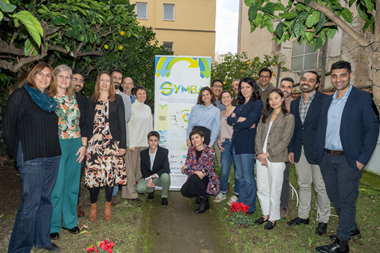
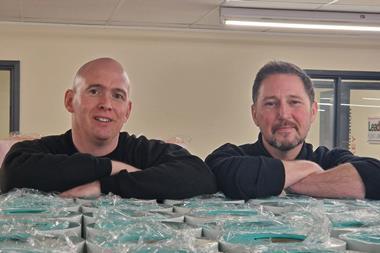
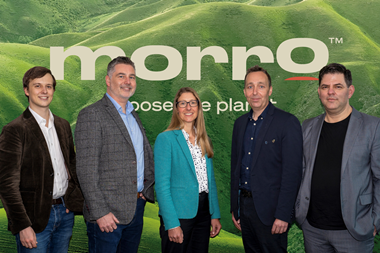
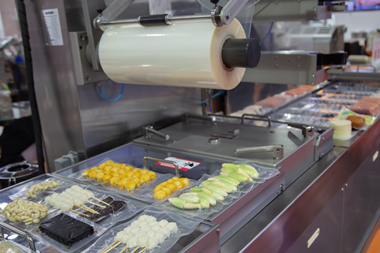

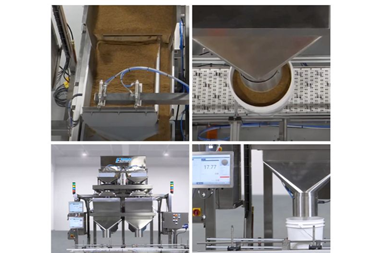
No comments yet